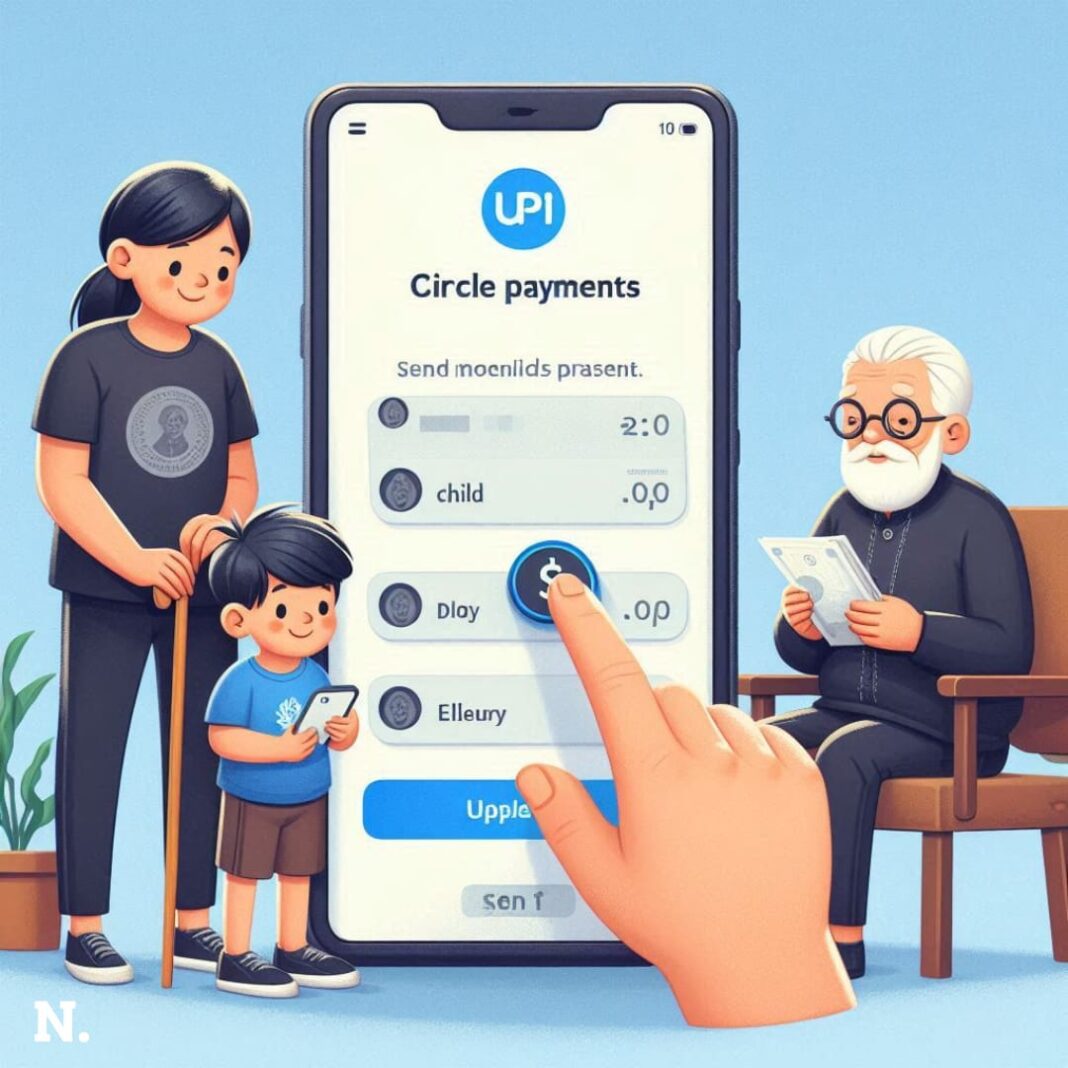UPI’s Phenomenal Surge Continues
Unified Payments Interface (UPI), launched in 2016, has continued to experience strong growth, both in India and globally, even after eight years. In July 2024 alone, UPI transactions by value surged by an impressive 35% compared to the same month last year, reaching a whopping ₹20.64 lakh crore. This marks the third consecutive month where the transaction value has exceeded ₹20 lakh crore. This growth highlights the increasing popularity and trust that users and businesses alike have in this digital payment method.
The biggest winners in this UPI boom have been third-party apps that facilitate these transactions. Three apps, in particular, have dominated the market:
PhonePe: With a market share of 48.38%, this app processed nearly half of all UPI transactions in July.
Google Pay: Close behind, Google Pay accounted for 37% of the transactions.
Paytm: Although smaller in comparison, Paytm still managed a significant 7.82% of the market.
Together, these three apps processed 93% of all UPI transactions in July 2024, showcasing their dominance in the digital payments ecosystem.
What is UPI Circle-Delegate Payments?
The National Payments Corporation of India (NPCI) has rolled out a new feature called UPI Circle-Delegate Payments, designed to make digital payments even more inclusive. This feature works similarly to a family plan or an add-on account linked to a primary user’s bank account. Here’s how it works:
Primary User: This is the main account holder whose UPI is directly linked to their bank account. All payments made under UPI Circle-Delegate Payments are deducted from this account.
Secondary Users: The primary user can add between 1 and 5 secondary users, who are then given permission to make transactions using the primary user’s account. These secondary users can be given partial or full rights to make payments.
However, each secondary user can only be linked to one primary user, ensuring that they do not have multiple delegations from different accounts.
This feature is particularly aimed at bringing financial services to unbanked sections of society, such as minors, elderly people, or families where only one member has a bank account. It offers a convenient way for these groups to access digital payments without needing their own bank accounts.
Where Can You Use UPI Circle-Delegate Payments?
UPI Circle-Delegate Payments can be used in various scenarios, making life easier for different user groups:
Pocket Money for Kids: Imagine you give your child ₹2,000 in pocket money each month. Instead of handing over cash, you can add your child as a secondary user on your UPI account and delegate a ₹2,000 transaction limit. You’ll receive real-time alerts whenever your child spends money, helping you keep track of their expenses.
Assisting Elderly Parents: You can also add your elderly parents as secondary users. This allows them to enjoy the convenience of digital payments while you maintain control over where and how much they can spend. This feature can also reduce the risk of them falling victim to scams, as you’ll be able to monitor their transactions closely.
Managing Office Expenses: Businesses can add administrative staff as secondary users to cover petty cash expenses using the company’s UPI account. This can streamline small purchases and reduce the need for physical cash handling.
How to Set Up a UPI Circle
Setting up a Unified Payments Interface Circle is a straightforward process that can be completed in just a few steps. Here’s how:
Access the UPI App: The primary user starts by opening the UPI app and selecting the option to add a secondary user.
Add Secondary User: You can add a secondary user by either scanning their QR code or entering their UPI ID (the one ending with @ok__bank). Alternatively, you can select the secondary user’s contact number from your contact list.
Set Transaction Limits: During the setup, you can specify the transaction limit for the secondary user. You’ll also decide whether to grant partial or full delegation rights.
Notification and Acceptance: The secondary user will receive a notification asking them to accept the delegation. Once they accept, they can start making transactions using the primary user’s account.
Partial Delegation: The primary user must authorise the transaction with their UPI PIN after the secondary user initiates it.
Full Delegation: The secondary user can process transactions independently. The primary user receives an alert whenever a transaction is completed.
Ensuring Security with UPI Circle-Delegate Payments
Security is a top priority with Unified Payments Interface Circle-Delegate Payments. Every delegation request goes through the bank’s two-factor authentication process, ensuring that only authorised users can make transactions. The primary user can set transaction limits to prevent misuse, and in partial delegation, they must approve each transaction.
Even in full delegation, there are safeguards in place. The primary user can set a maximum transaction limit of ₹5,000 per transaction or a monthly limit of ₹15,000. Both primary and secondary users can view transaction records in their payment apps, making it easy to track all activities.
This feature is available on third-party apps like Google Pay, Paytm, and PhonePe, giving users flexibility in choosing their preferred platform.
The Growing Number of UPI Apps
The success of UPI has prompted many companies to launch their own UPI apps. Recently, several new players entered the market, including:
Swiggy: Launched its UPI after Zomato’s successful entry last year.
Flipkart: Introduced its own UPI app, super.money.
Jio Finance: Entered the fray with its own UPI offering.
Axis Bank: Launched its UPI app to compete with other players.
Navi, an emerging payments provider, saw its UPI transaction volume nearly double from 35.7 million in June to 68.25 million in July, demonstrating the growing demand for digital payment solutions.
The Bottom Line
The UPI Circle-Delegate Payments feature is a convenient and secure way to extend the benefits of digital payments to those who might not have access to their own bank accounts. It’s easy to set up, versatile in its use, and offers robust security measures to protect against unauthorised transactions. However, users should always exercise caution, only adding trusted individuals to their UPI circle and ensuring that PINs and OTPs remain confidential.





